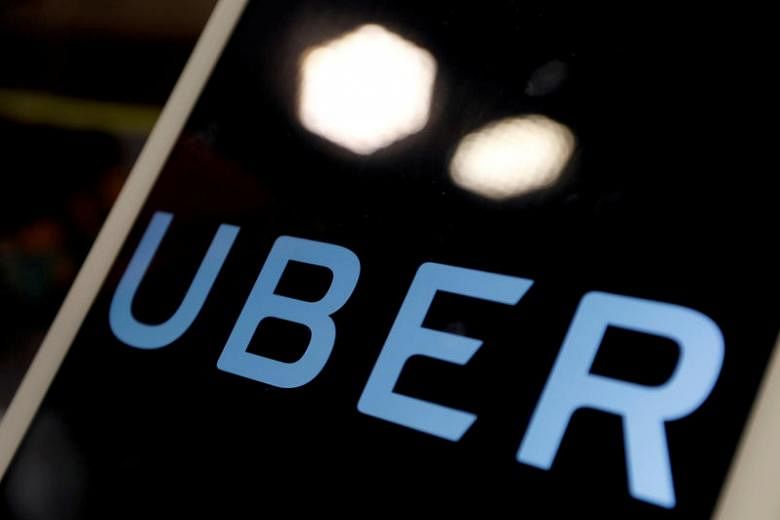SINGAPORE (REUTERS) - Uber is revving up for an initial public offering by exiting another cut-throat market. On Monday, the US ride-hailing giant said it would hand its South-east Asian arm to Grab, a US$6 billion local rival, and take 27.5 per cent of the enlarged group. This is a sensible step towards public life - provided Grab can hold onto its leading position.
Competition for passengers and drivers has been costly in Southeast Asia. This fast-growing region of 640 million people, many keen smartphone users, should be a major prize. But Singapore-based Grab and Indonesia's Go-Jek have posed a stiff challenge.
The race towards a 2019 listing under new chief executive Dara Khosrowshahi probably catalysed Uber's withdrawal. Khosrowshahi's visit to Asia last month, which only took in Japan and India, signalled his priorities. And like earlier retreats in China and Russia, by keeping a stake Uber will have some exposure to future growth.
SoftBank, a major investor in both Uber and Grab, has also advocated consolidation and told Uber to focus on a few core markets. However, it looks like Uber will keep fighting with SoftBank-backed Ola in India.
It is hard to gauge how good a deal Uber got here, since it does not reveal user numbers or financial details for the region. Grab claims more than 90 million downloads of its app and is clearly more widely spread: it operates in 195 cities in eight countries, whereas Uber covers 64. Still, the swap should help Uber keep narrowing net losses which Reuters says stood at US$1.1 billion in the fourth quarter.
There are two complications. First, there could be antitrust problems in wealthy Singapore, where Grab and Uber together have a weighty presence, especially when their partnerships with local taxi firms are taken into consideration. Grab, which is filing an application with Singapore's competition commission, argues the tie-up will make ride-hailing, food delivery and transport more "vibrant and competitive".
Second, Grab is not the only game in town. It is the only real player with regional scale. But Tencent-backed Go-Jek leads in populous Indonesia and is just beginning to venture abroad. Still, Uber was right to grab this opportunity to exit.
The author is a Reuters Breakingviews columnist. The opinions expressed are her own.

